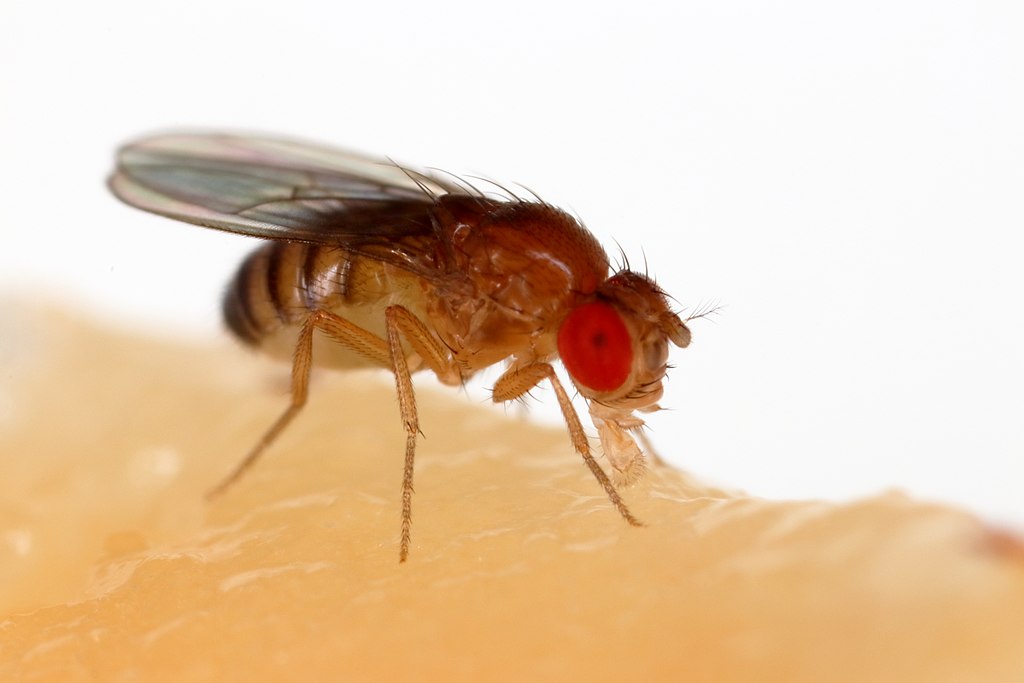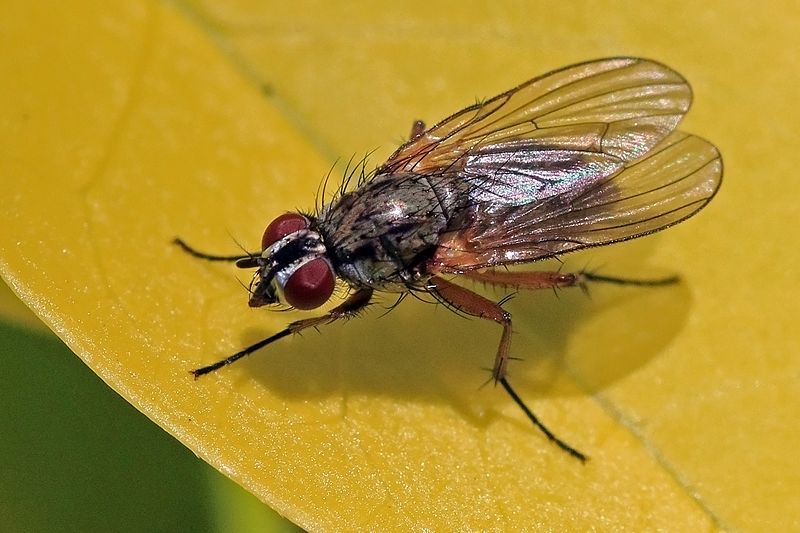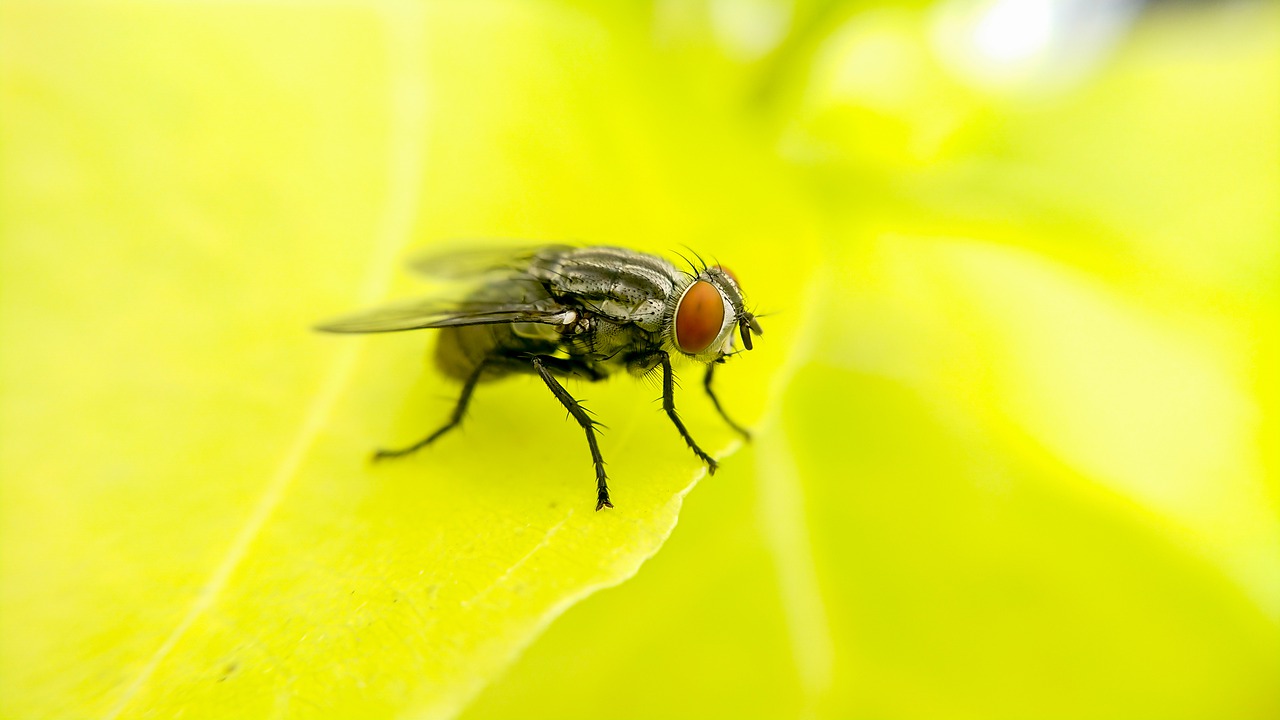Do you notice that there are more flies buzzing around during the summer? This is because flies thrive during the warmer months. And you don’t want these disgusting pests on your property because they have the potential to spread disease. So, you really need to double your efforts to keep them out during the warmer months. Here are some tips to keep flies out in summer.
Why there are flies in summer
There are more flies in summer because of their reproductive cycle. And if there are fly nesting spots and resources around your property, you are not doing yourself any favors either.
- Flies reproduce during the warmer months. There are many different kinds of flies that can infest your home, but they have similar reproductive cycles. Flies breed through the warmer months. The fly life cycle has four phases — the egg, larva, pupa, and adult phase. Flies can go through these phases within three weeks.
- Flies have found a good nesting spot on your property. This probably won’t come as a surprise to you — flies love filth. They mate and leave their eggs on compost piles, garbage cans, grass clippings, and even animal carcasses. The idea is for their larvae to be able to eat in abundance, so they can develop well. If you have a lot of filth on your property, you may end up attracting flies looking for a good spot to leave their eggs.
- Flies have found a reliable food source near you. Flies are not fussy eaters, but they do like decaying organic materials. That’s why they like animal carcasses, compost piles, and garbage cans so much. Some fly species also have specific preferences, like how fruit flies like fruits and vegetables. If your property is full of resources, you are likely to attract flies in whatever time of year, not just summer.

How to keep flies out in summer
You can keep flies out in summer by getting rid of their attractors’ potential nesting spots and resources. You should also avoid giving them easy access to your home. Close doors and windows and seal holes where flies may go through.
1. Get rid of potential nesting spots
- Keep your surroundings clean. Your home’s exterior may attract flies if they have spots that are ideal places for flies to leave their eggs, such as the long grass clippings on your yard, the rotting fruits and vegetables in your garden, and your pet’s feces that is accumulating outside. Whatever it is, and if you think it is filthy, get rid of it or clean it.
- Practice proper waste management. Your garbage cans are full of resources. They are some of the most commonly used nesting spots of flies. In fact, it’s not so uncommon to see swarms of fly larvae, also known as maggots, in garbage cans. Make sure your garbage cans are not overflowing. You want their lids to be down all the time to avoid easy access.
2. Make food and water inaccessible
- Put food and water in containers and refrigerators. Your home’s interior is just as vulnerable to fly infestations, especially during the summer where you may have your doors and windows open for more ventilation. Don’t give these pests a reason to get inside your home. Don’t have food and water out in the open. Put them in cabinets, containers, refrigerators, or wherever else where they can’t be easily accessed by pests.
- Always clean up immediately after eating. Remember that flies are small creatures. They are only about six to seven millimeters long. This means that it doesn’t take a lot of resources to sustain them. Even the smallest food crumbs and faintest drink residues are enough to attract them. And this is why you should wash plates and wipe surfaces immediately after eating.
3. Seal all passageways
- Keep doors and windows closed. Yes, it’s summer. And you probably want your doors and windows open to help combat the heat and give better ventilation. But remember that these are passageways to all kinds of pests, not just flies. Keep doors and windows closed. You can use fans and air conditioners to cool and ventilate yourself.
- Seal all cracks, gaps, and holes. Doors and windows are not the only passageways for flies. Cracks, gaps, and holes around your home may also be big enough for them to go through. The most common culprits here are structural damages, such as the cracks and holes on your walls. But there are also passageways that are naturally part of your home, such as the gaps in your plumbing system and the holes in your ventilation system.

4. Get rid of flies
- Use commercial fly control products. There are commercial products out there you can buy to get rid of flies, such as insecticides and traps. Just make sure they are designed to combat flies. And don’t forget to read their instructions too. Remember that insecticides may have harmful ingredients and traps may have mechanisms that you need to handle properly for them to be effective. Ensure their effectiveness and safety by reading the instructions and following them diligently.
- Try DIY and home remedies. The great thing about DIY and home remedies is that they are not as harmful as insecticides and not as complicated as traps. But there’s a catch – they may not be as effective. But there’s no harm in trying. Here are six home remedies for flies you can try. Their ingredients are very accessible. You may even have them in your kitchen right now.
Use pest control professionals to keep flies out in summer
Flies are very prominent in summer because of their reproductive cycle. It doesn’t help if your property has a lot of potential nesting spots and resources, so you better clean up to avoid attracting these pests.
Keep your surroundings clean. Make food and water inaccessible. Close or seal all cracks, gaps, holes, and other kinds of passageways. And get rid of the flies themselves with commercial fly control products, DIY solutions, and home remedies. If all else fails, you can always get help from pest control professionals. After all, they have the experience and the tools to get rid of all kinds of pests, including flies.

